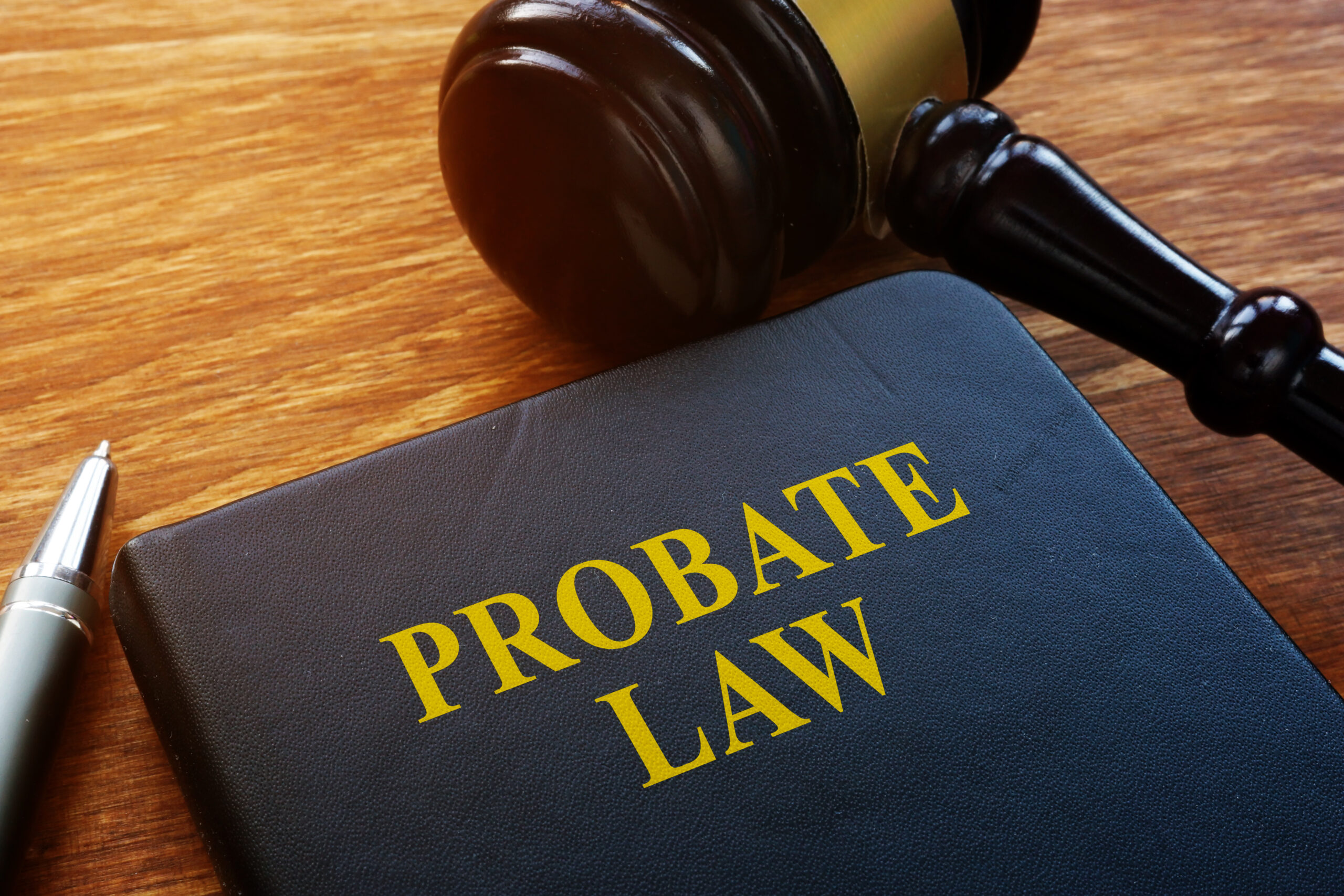Contesting a Will in Singapore: Grounds, Procedure & Your Legal Options
A will is meant to reflect a person’s final wishes about how their estate should be distributed. In Singapore, if a will is validly made under the Wills Act, the courts will generally uphold it – even if family members feel the distribution is unfair.
However, there are circumstances where a will can be challenged. If you believe a will does not reflect the testator’s true intentions, or if you are a dependent left without adequate provision, you may have legal grounds to contest it.
This guide explains who can contest a will in Singapore, the grounds recognised by law, the process involved, and what happens if a challenge is successful.
Who Can Contest a Will in Singapore?
Only certain people have standing to challenge a will. These include:
- Beneficiaries named in the will who believe it is invalid.
- Family members or dependents excluded from the will or inadequately provided for.
- Next-of-kin who would otherwise benefit under the Intestate Succession Act if no valid will exists.
Grounds for Contesting a Will
A will cannot be challenged simply because it feels “unfair.” The law sets out specific grounds:
1. Invalid Will (failure to meet legal formalities)
A will must comply with the Wills Act. It will be invalid if:
- The testator was under 21 years old.
- It was not in writing.
- The will was not signed by the testator.
- It was not properly witnessed by two witnesses present at the same time.
- A beneficiary (or their spouse) acted as a witness.
If these formalities are not met, the will may be set aside.
2. Lack of Mental Capacity
The testator must have understood what they were doing when the will was made. If they suffered from dementia, mental illness, or were under the influence of drugs or alcohol, the will can be challenged on this basis.
3. Undue Influence
A will may be invalidated if someone coerced or pressured the testator into making it. Proving undue influence is difficult, as the burden of proof lies on the person contesting the will.
4. Fraud or Forgery
If a signature was forged, or if the testator was misled into signing a document they did not understand as a will, the will is invalid.
Inadequate Provision for Dependents
Even if a will is valid, dependents (such as a spouse, minor children, or children with disabilities) can apply to court for reasonable maintenance under the Inheritance (Family Provision) Act.
Procedure for Contesting a Will
The process depends on whether probate has been granted:
Before Grant of Probate
- You may file a caveat with the Family Justice Courts.
- A caveat prevents probate from being granted until your objections are heard.
This buys time to investigate your claim and gather evidence.
After Grant of Probate
- You can file a probate action within six months of the grant.
- In certain cases (e.g., discovery of a later will), the court may allow a challenge after six months.
- You must file a writ and affidavit setting out the grounds for your challenge.
If successful, the court may revoke the probate and order redistribution of the estate according to intestacy rules or a valid earlier will.
What Happens if a Will is Invalid?
If the court finds the will invalid:
- The estate may be distributed under the Intestate Succession Act (default inheritance rules).
- If an earlier valid will exists, the estate may be distributed according to that will.
- Executors named in the invalid will lose their authority, and administrators may be appointed instead.
Alternatives to Contesting a Will
Challenging a will in court can be costly and stressful. In some cases, dependents may instead:
- Apply for maintenance if they were inadequately provided for.
- Engage in mediation to resolve disputes among beneficiaries and executors without lengthy litigation.
How PKWA Law Can Help
At PKWA Law, we have more than 30 years of experience in probate and estate matters. Our team regularly advises clients on both straightforward probate applications and complex contested wills.
We can:
- Assess whether you have valid grounds to contest a will.
- Advise on whether to file a caveat or probate action.
- Represent you in negotiations, mediation, or court proceedings.
- Guide dependents on alternative options such as maintenance claims.
If you are considering contesting a will, contact us today for a free initial consultation. We’ll help you understand your options and protect your rights.
FAQs on Contesting a Will in Singapore
1. Can I contest a will just because I feel it is unfair?
No. Dissatisfaction is not enough – you must prove legal grounds such as invalidity, undue influence, fraud, or inadequate provision for dependents.
2. How long do I have to contest a will?
Generally, you must contest within six months after a Grant of Probate is issued. However, exceptions may apply if new evidence (like a later will) surfaces.
3. What is a caveat in probate?
A caveat is a notice filed in court to prevent a Grant of Probate from being issued until your claim is considered.
4. What happens if the will is found invalid?
The estate will either be distributed under the Intestate Succession Act or under a valid earlier will.
5. Is contesting a will expensive?
It can be. Costs depend on complexity, evidence required, and whether the case goes to trial. Mediation or applying for maintenance may be more cost-effective alternatives.
Will Writing
Basic Will
$750
LPA
$250
*Special Promotion*


